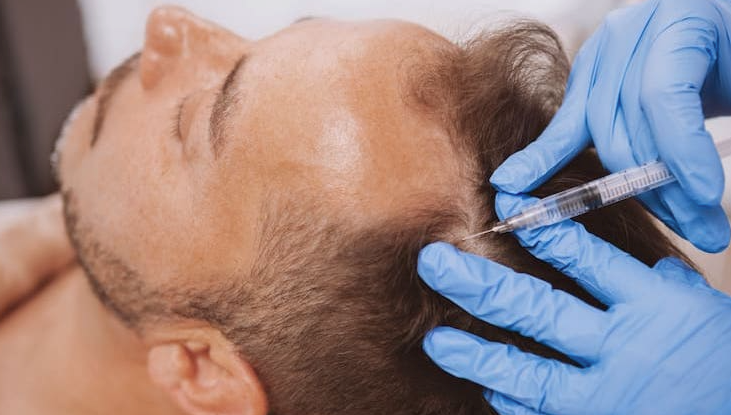Understanding Hair Loss
Hair loss can result from genetic predisposition, hormonal changes, medical conditions, and lifestyle factors. Recognizing the root cause is crucial for effective treatment. Conditions such as androgenetic alopecia, telogen effluvium, and alopecia areata require tailored approaches.
Common Treatments for Hair Loss
- Minoxidil: This topical solution is widely used for both men and women. Regular application can stimulate hair regrowth and improve overall scalp health.
- Finasteride: Primarily prescribed for men, this oral medication helps prevent hair loss by blocking DHT. Women may also benefit from it under medical supervision.
- Hair Transplantation: Both FUE and FUT techniques are available for those seeking permanent solutions. Individualized assessments ensure that candidates receive the best treatment for their specific needs.
- Low-Level Laser Therapy (LLLT): Suitable for all genders, LLLT stimulates hair follicles using laser technology. It’s a painless, non-invasive option for promoting hair growth.
- Nutritional Support: A well-balanced diet plays a vital role in hair health. Incorporating nutrient-rich foods and supplements can strengthen hair follicles and encourage growth.
Emotional and Psychological Support
Hair loss can impact self-esteem and mental well-being for both men and women. Support groups, therapy, or counseling can provide coping mechanisms and foster a sense of community.
Conclusion
Whether due to genetics, hormones, or lifestyle, hair loss is a common concern. Understanding the available treatments empowers individuals to take proactive steps toward addressing their hair loss. By seeking professional advice and support, both men and women can explore effective solutions tailored to their unique needs.

